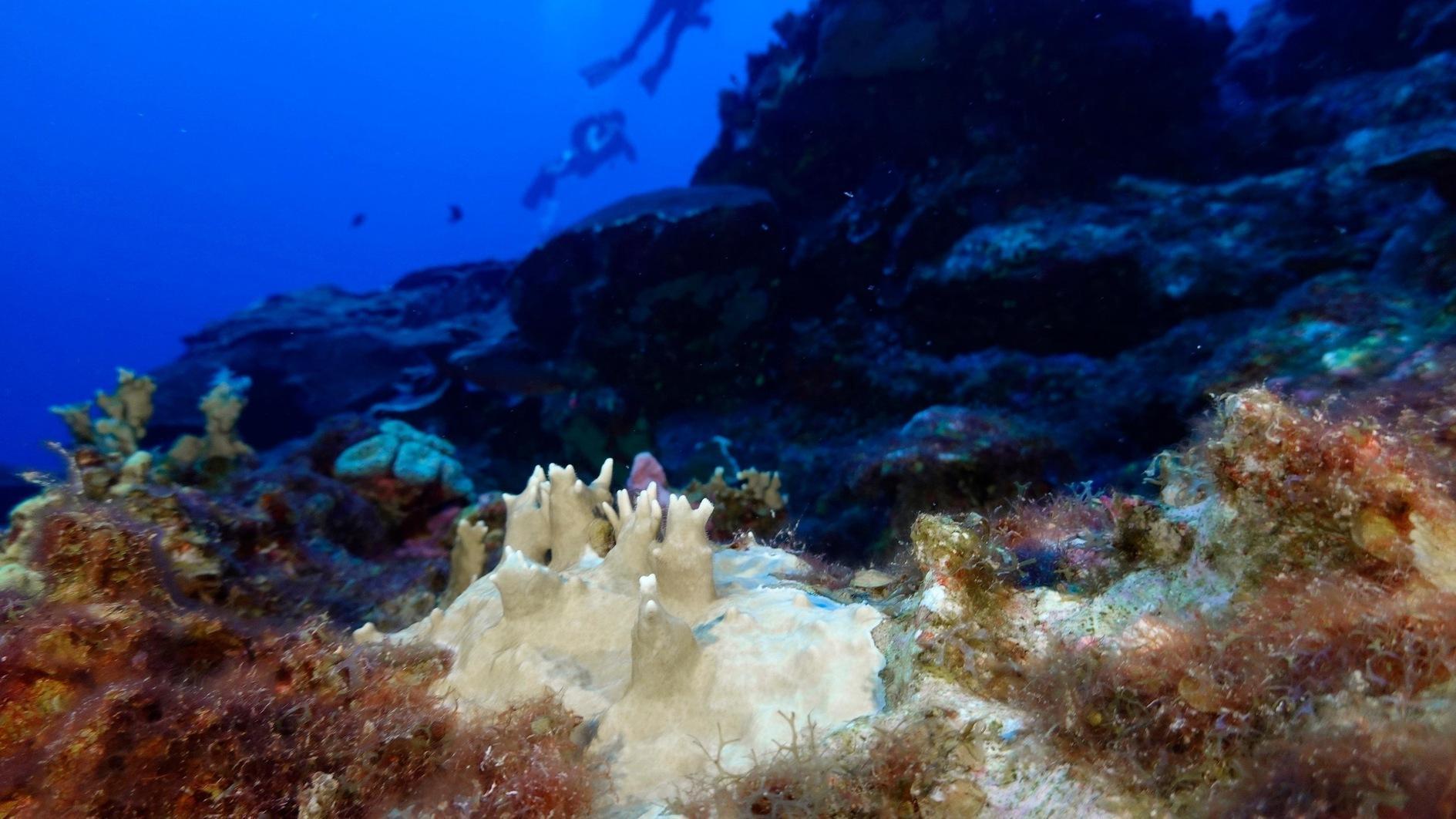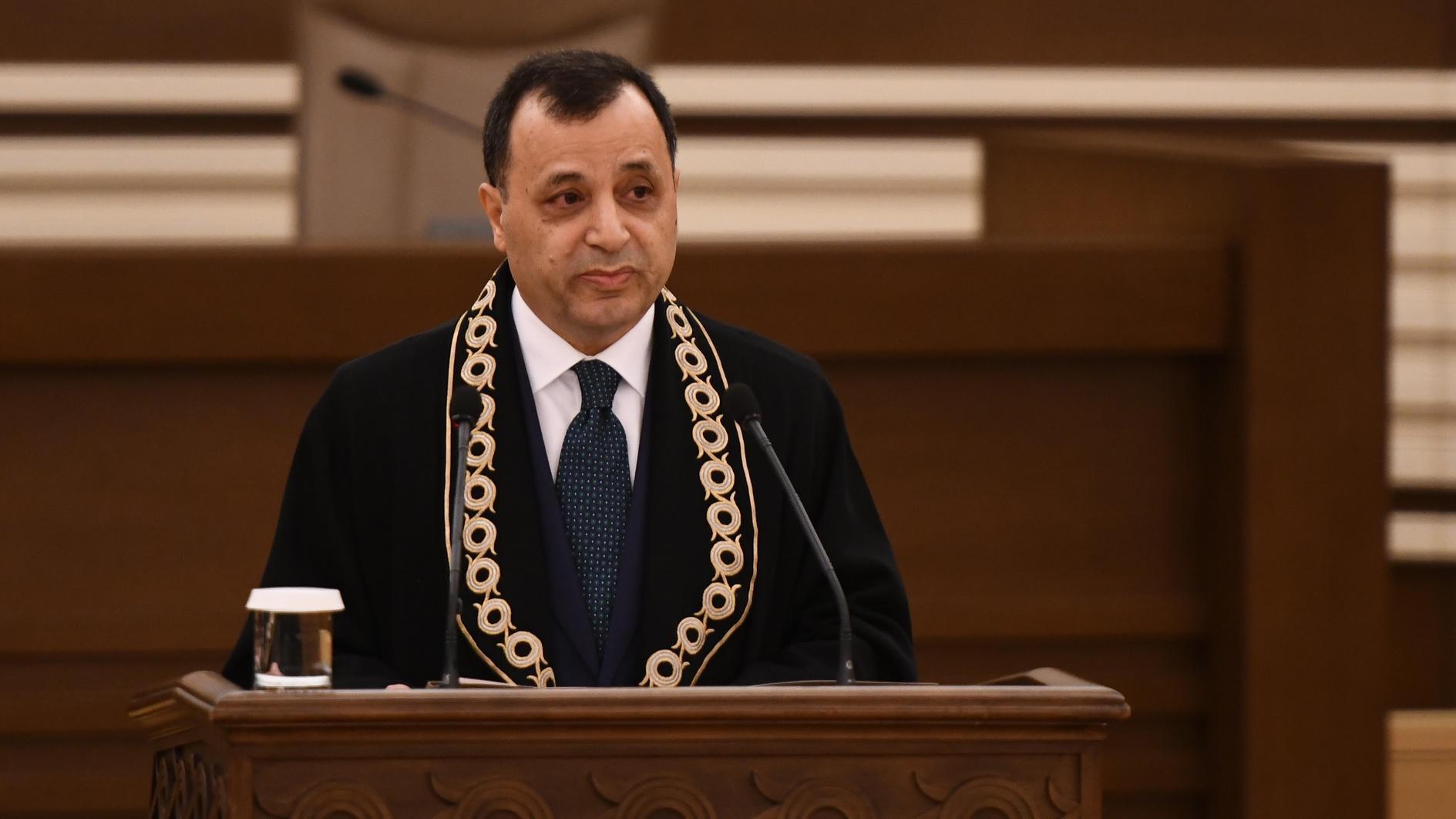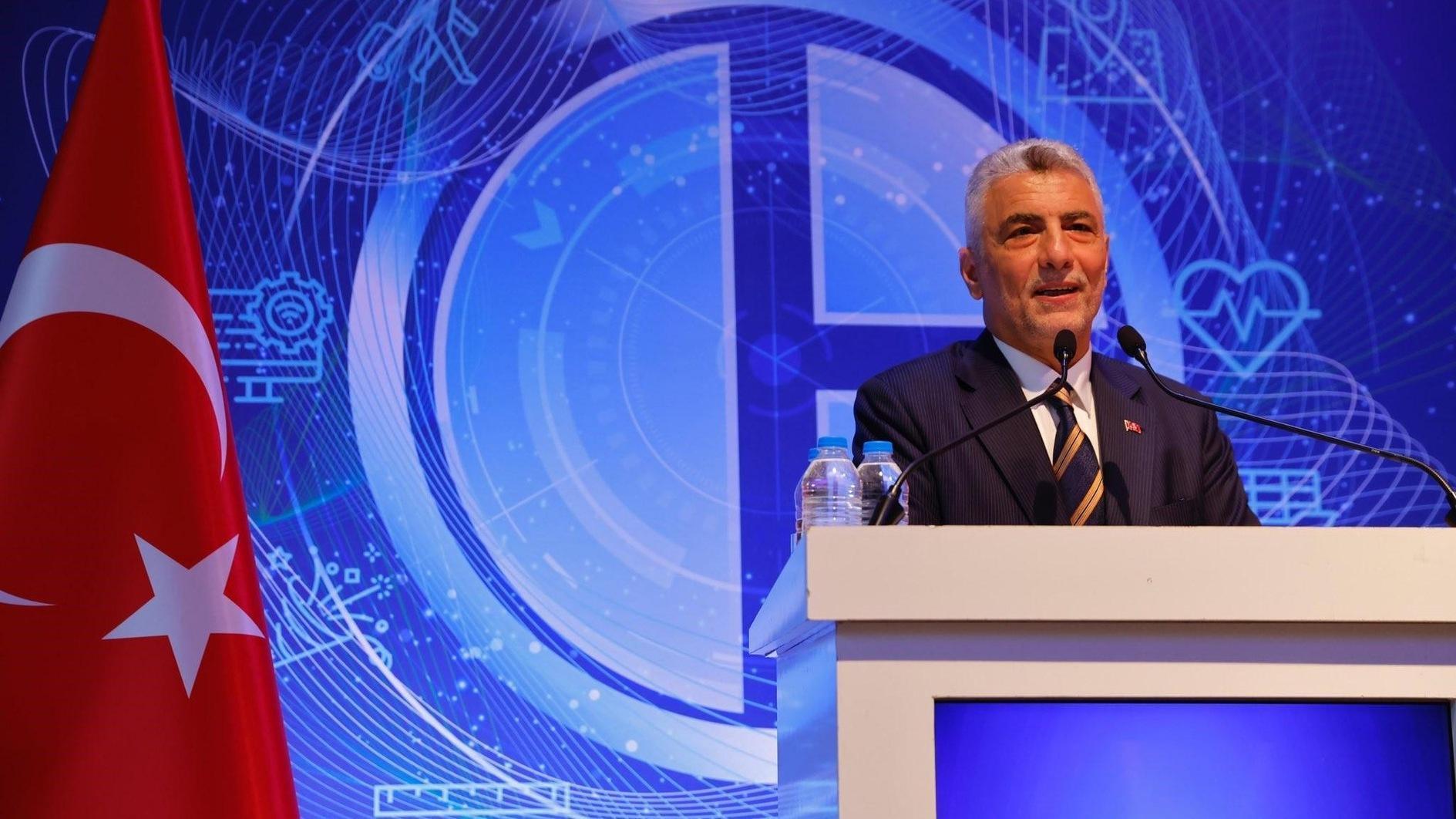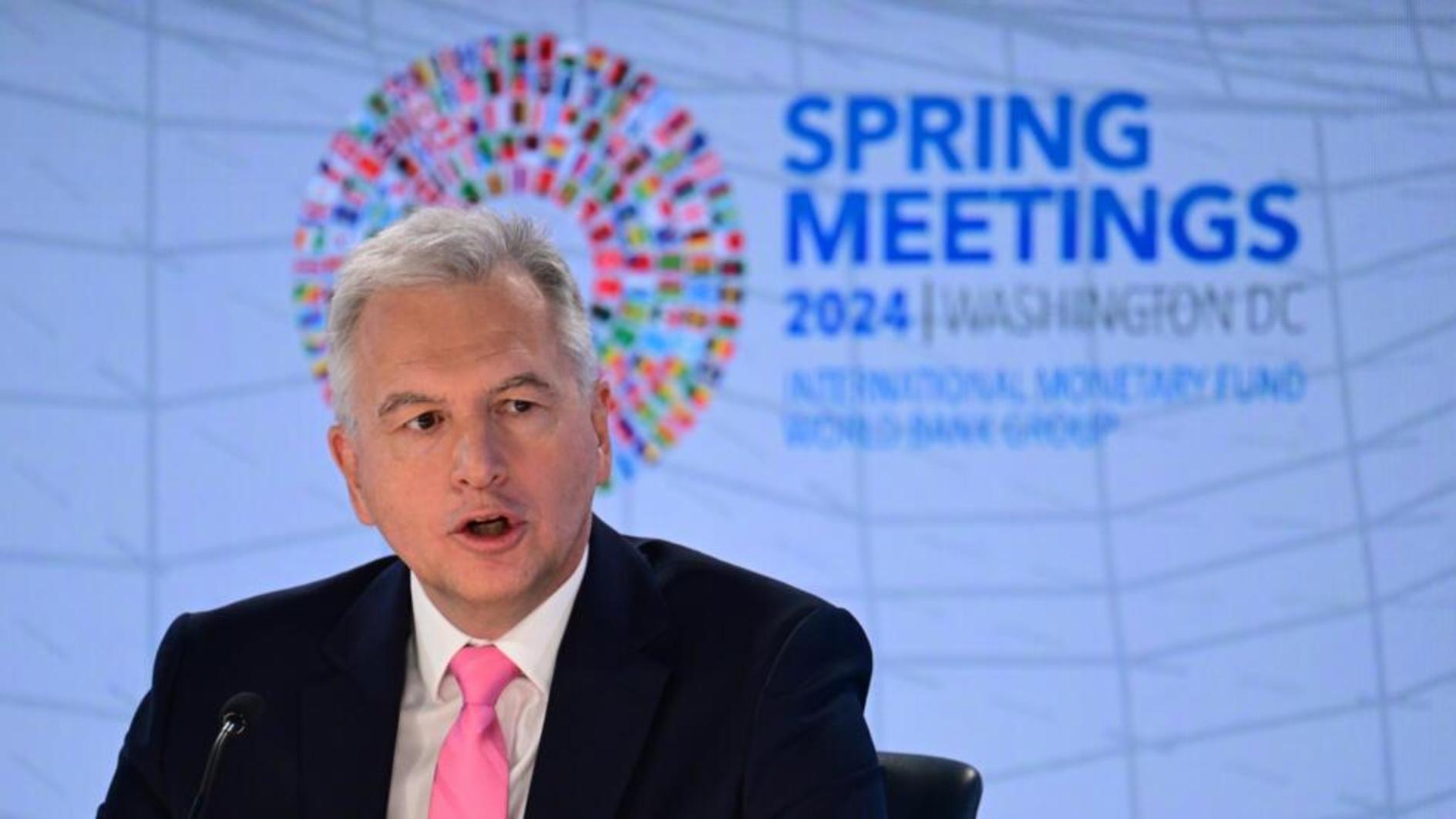A just sultan makes good out of bad laws: Erdoğan
ISTANBUL
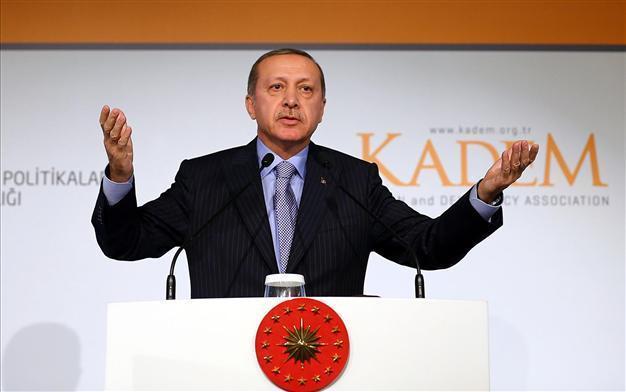
President Erdoğan spoke about sultans and justice at the 'Women and Justice Summit' hosted by the Women and Democracy Association (KADEM), in Istanbul on Nov. 24.
The laws of a country are relatively unimportant provided that the ruler who applies them is just, President Recep Tayyip Erdoğan said Nov. 24, in an indirect criticism of a recent court ruling that is set to again raise concerns about growing authoritarianism in Turkey.“It is the state that preserves [the equality of] rights among its people, that is to say, if it builds its laws on rights, justice will manifest itself there,” Erdoğan said during a speech at the “Women and Justice Summit,” hosted by the Women and Democracy Association (KADEM).
His remarks came as he was arguing how certain court rulings are almost like “treason” against the country, citing a ruling by the Council of State concerning Istanbul’s Salıpazarı Port Area project, commonly known as Galataport.
“However, there is a beautiful saying that some attribute to Confucius, while others attribute to [Islamic caliph] Omar: ‘No matter how bad laws are, if they are held by a just sultan then they lead to fine results; no matter how good the laws are, if they are held by a brutal sultan then they lead to injustice.' Here, we see the same thing,” Erdoğan said.
Turkish company Doğuş Holding placed the highest offer for the privatization of Galataport with a $702 million bid in May 2013, winning the rights to operate the port area in Istanbul’s Karaköy neighborhood for 30 years.
Soon after the tender was awarded, the Union of Chambers of Turkish Engineers and Architects (TMMOB) filed a lawsuit against the project, claiming that the plans could not be adequately integrated into the district of Beyoğlu.
In October, the Council of State ruled to halt the execution of the project.
The elaborate remarks by Erdoğan come at a time when there are increasing concerns over his perceived authoritarian tendencies, which are said to have led Turkey toward a concentration of powers under the head of state.
Erdoğan, who in August won Turkey’s presidential elections after over a decade in power as prime minister, has been accused by his opponents of seeking to centralize powers in a powerful presidency, which was largely a ceremonial role in Turkey until he took office.
Recalling that the Council of State ruling came almost two years after the Galataport tender was finalized, Erdoğan said such rulings would make investors feel "insecure" in Turkey.
“Now, this investor who has finalized his projects, who has spent millions of dollars, can he ever trust this country’s administrations and make investments in this country? Now, how can I have confidence in the judiciary in my own country?” he said.
“If the president is involved in treason against the country, then he is a criminal; well, what if the judge is involved in treason against his own country? Why do you deliver such a ruling after two years? What is this? Is this patriotism, is this nationalism?” Erdoğan asked.
“We have to talk about this,” he added, hinting that he would continue putting the issue on the agenda.


